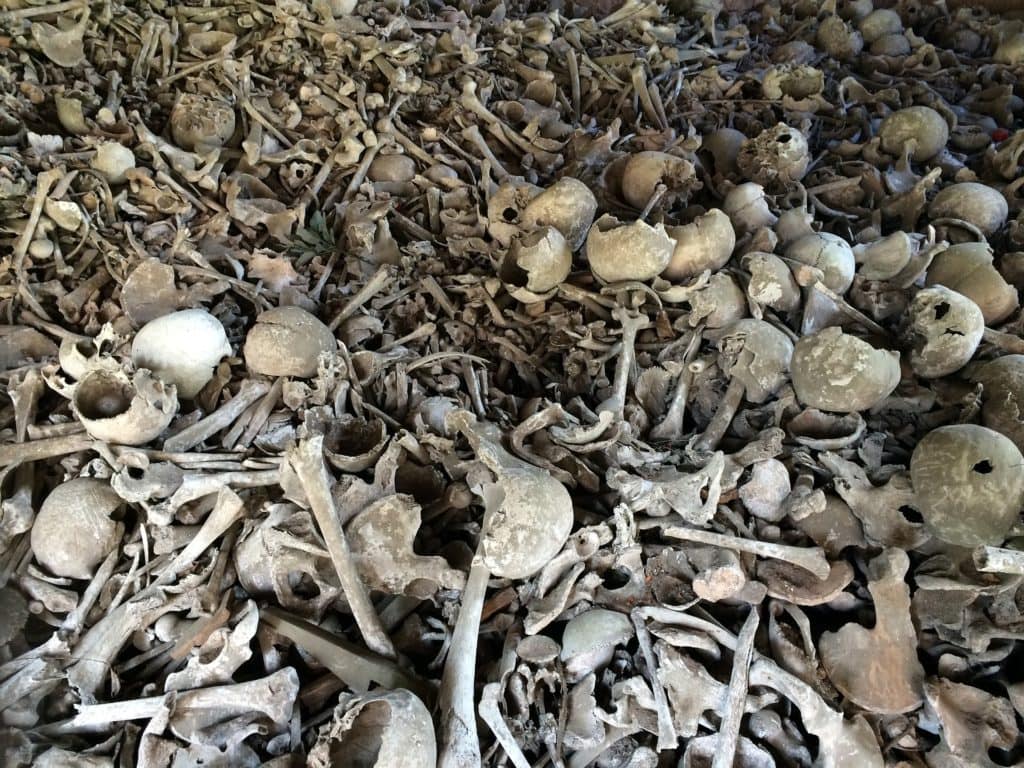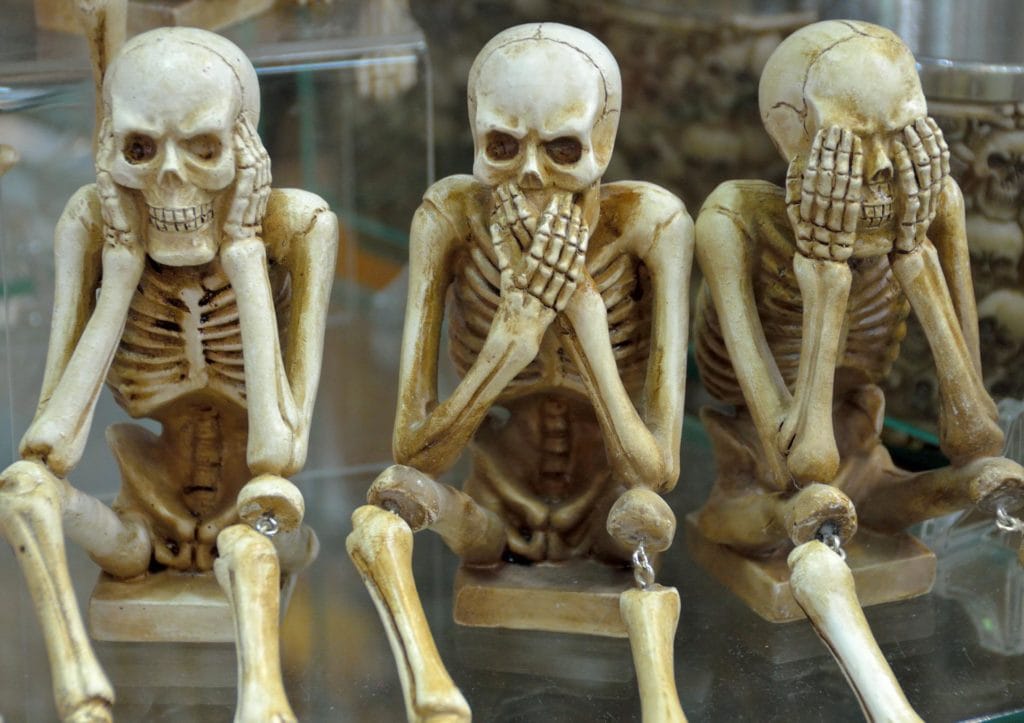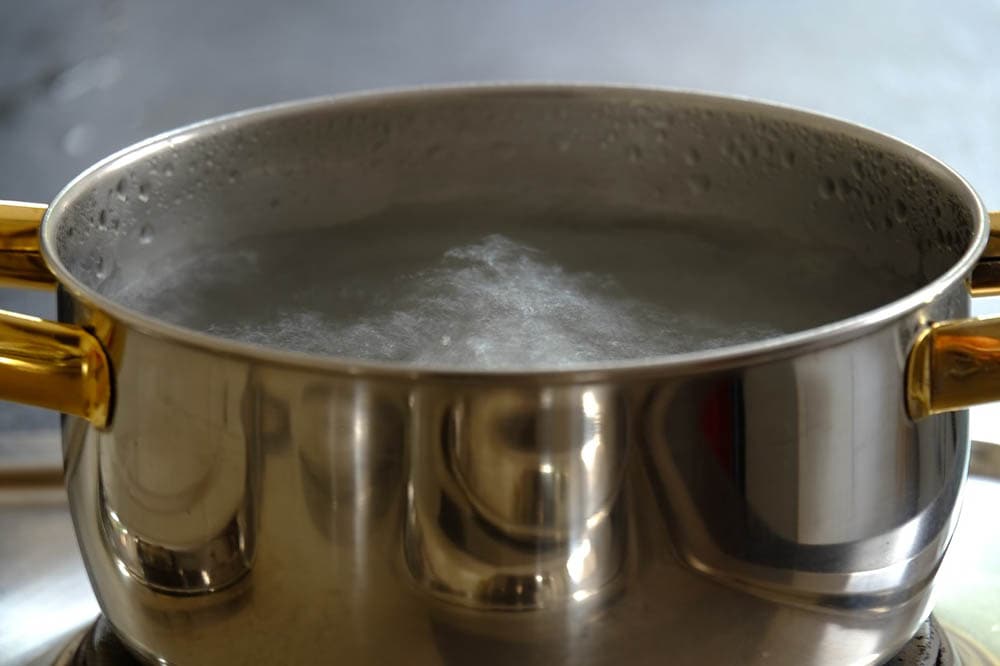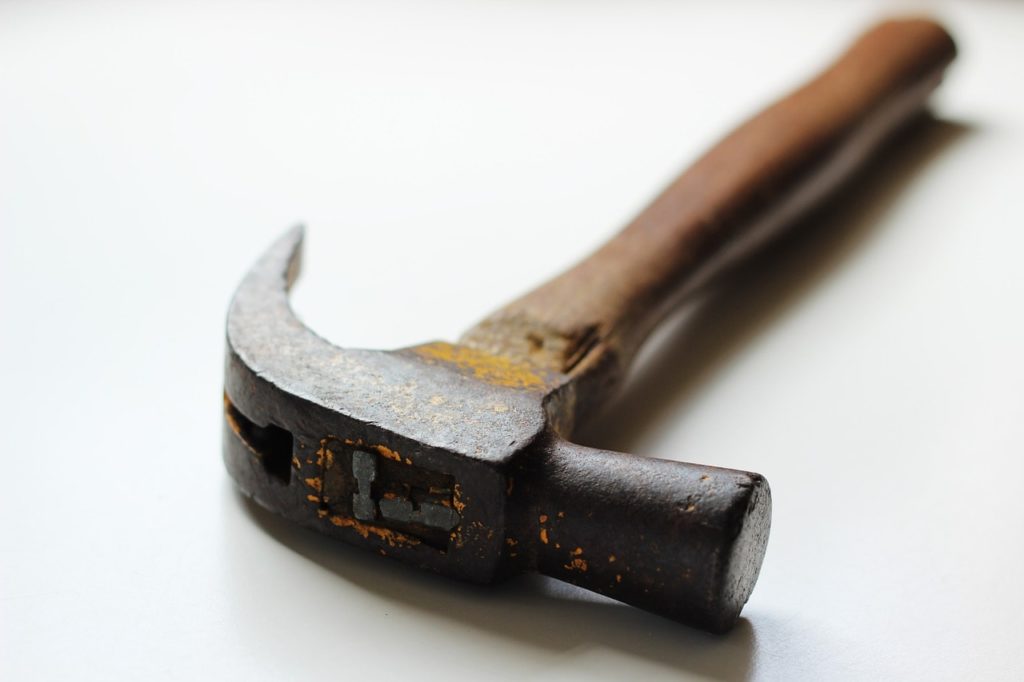Can You Compost Bones? What You Need To Know!
-
Pete Ortiz
- Last updated:

Creating good compost means creating a balance of waste. This means balancing woody, brown ingredients, and green ingredients that contain nitrogen. It also means balancing acidic and alkaline waste. As such, it is a good idea to include a wide variety of items, but there are certain things that should not be placed in a compost bin.
Bones are a somewhat controversial composting item. On the one hand, they will decompose over time and can be treated properly to ensure that they do not pose a health risk. On the other hand, chicken bones can carry bacteria, and all bones and meat can attract vermin and other pests to your compost. They also take anywhere from several months to decades to break down thoroughly.
In most cases, it may be better to avoid adding bones altogether unless you are an experienced composter that knows how to deal with these particular waste items. Or, at least, until you’ve done your research and determined how best to compost animal bones.
Why Include Bones in Compost?
The following are some of the reasons why it is safe and can even be beneficial to add bones to compost:
- They Do Decompose: Bones and carcasses do decompose. While some thick bones, such as beef bones, can take decades to decompose fully, thinner bones take less time. Chicken bones can decompose in just 2–3 months if they are processed properly first. Fish bones, which are extremely thin, can break down even quicker. If you do intend to compost bones and want to ensure they break down as quickly as possible, you can boil them or break them up to speed up the process.
- They Are Nutrient Rich: Different animal bones contain different nutrients but can contain phosphorus, potassium, calcium, and nitrogen, all of which are commonly found or added to commercial compost mixes.
- It’s a Good Way to Dispose of Unused Bones: Bones typically go in the trash and are then sent to landfills. Putting the bones you use, or at least some of them, into compost offers a good alternative to trashing them.

Why You Should Avoid Putting Bones in Compost
- They Attract Vermin: Vermin, such as rats, are attracted to bones, marrow, and meat. Putting bones in your compost bin may attract these animals, and larger scavengers, to your compost bin. Animals like raccoons and rats will find a way through some of the most secure bins.
- They Need Treating: Some bones, especially chicken bones, need to be processed or treated properly to get rid of pathogens and bacteria that can make people ill. The processing treatment isn’t too difficult, but it is time consuming, especially compared to putting them in the trash.
- They Can Take a Long Time to Decompose: Some bones can decompose in as little as 2 months, but others can take years or even decades to break down completely.
How to Treat Bones Before Composting Them
If you do intend to add bones to your compost, follow these steps to ensure that they are safe and that they will break down quickly enough to be a beneficial source of minerals and nutrients.
1. Boil the Bones

Boiling the bones will remove any excess meat and collagen while also making them easier to break down. You can use the bones to create a bone broth or put them in a large pot of boiling water for about an hour if you don’t want to make a stock or broth.
2. Bake the Bones
Once the bones are boiled and soft, place them on a baking tray and put the tray in an oven at 400°F for approximately 30–40 minutes until they start to brown. Large beef bones can take longer to reach this stage. Once they reach this stage, take them out of the oven and allow them to cool.
3. Break the Bones

Once the bones are dry, they should be brittle enough to be broken. Place them in a thick bag and use a mallet, hammer, or rolling pin, to smash them into small bits. Placing them in a bag first makes it easier to collect the pieces once you’ve finished and will prevent mess.
4. Add to the Compost
Optionally, you can grind the bones down even further using a pestle and mortar. This will give you bone meal that can be fed directly to plants.
Alternatively, add them to the compost pile. Don’t add the bone pieces to the top of the pile. Instead, try to get them into the center, where they will be covered with other compost and break down quicker. If you do have to add them to the top of the pile, cover them with other items to aid in the composting process.
Conclusion
It is safe to add bones to compost, but they do take a long time to break down when whole. Some bones, especially chicken bones, can harbor bacteria.
As such, you will need to prepare them by first boiling and then breaking the bones down before adding them, ideally, to the center of your compost pile. This will give the bones the best chance of decomposing quickly and being a viable addition to your compost pile.
Featured Image Credit: Eliane Meyer, Pixabay
Contents



